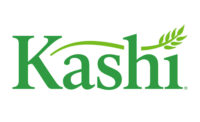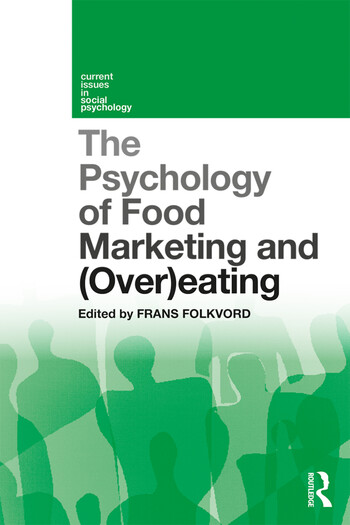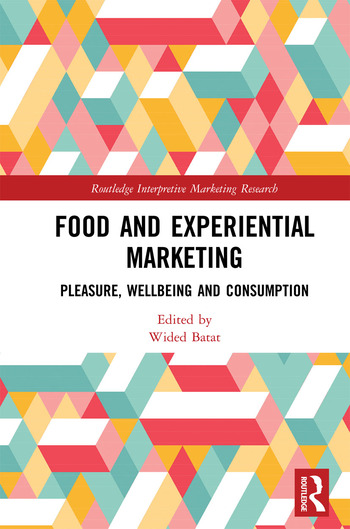Social, Environmental Causes Among Leading CPG Trends
Top 10 growing trends based on brand exhibitors at Natural Products Expo's Spark Change

If 2020 had gone to plan, Natural Products Expo East 2020 would have been just around the corner and the NEXT team would have been presenting on the top growing and emerging trends that were unfolding on the trade show floor. Instead, we're looking to Natural Products Expo's Spark Change, which kicked off Wednesday, Aug. 26.
Through every trade show, whether in-person or digital, the NEXT team seizes the opportunity to review all registered exhibitors through its Trend Framework - the lens through which we assess how the natural products industry is evolving and being shaped. This lens allows the team to identify: the newest, edgiest, and emerging trends; the most dominant trends; and innovators tackling some of the hardest challenges through social and environmental trends.
Of the 60 plus trends NEXT tracks and updates annually, the top 10 growing trends that are surfacing based on assessing registered brand exhibitors at what would have been Expo East 2020 and comparing to Expo East 19 are:
1. Multi-Stakeholder
Brands that were not necessarily formed with the mission to solve poverty, hunger, or environmental problems but are rethinking how they conduct business by aiming beyond profits and reducing negative impact on people and planet.
2. Sourcing Responsibly
Working to mitigate the extractive tendencies of our food system, many brands are operating with greater sourcing intention. In order to deliver quality ingredients, transparent and direct trade relationships are formed.
3. Purposeful Tech
High tech solutions to many of our community health issues like cellular plant-based meat companies are surfacing.
4. Food Access
Brands are emerging on the scene to make sure more populations have access to nutritionally rich and culturally sensitive and relevant foods.
5. Eat More Plants
From omnivores to vegans, the goal is to incorporate more nutrient-dense plants in the diet. Brands are creatively catering to picky children avoiding spinach and broccoli, adventurous adults seeking the latest exotic plant superstar, and consumers seeking meat and dairy alternatives.
6. Agriculture Improvements
Brands that are just entering the agriculture conversation are making discrete one-dimensional commitments in a potential step towards laying the foundation for broader adoption of a whole systems approach.
7. Regenerative Agriculture
Enthusiasts around regenerative agriculture promote a paradigm shift that there is a solution that rebuilds, repairs, and replenishes our natural resources through ecological practices. This is instead of current sustainability efforts that while well intentioned, are aimed at solving climate problems through limited resources—working within our vanishing resources to prevent further loss of biodiversity, soil, and forests.
8. Endocannabinoid System
The promise of CBD, hemp and the endocannabinoid system, are driving growth, experimentation, and innovation.
9. Responsible Packaging
So much emphasis has been on the focus of what goes inside the package, but industry is starting to think beyond the product by identifying new alternatives to the packaging itself.
10. More Protein Please
There’s been no standard protein limit shoppers follow, and in a carb-wary world, consumers are keen for opportunities to incorporate protein in lieu of carbs and sugar.
Hard to execute trends such as multi-stakeholder (through B Corps and other triple bottom line commitments) and sourcing responsibly are growing strongly as brands meet consumer demand for brand-values around social and environmental causes. Food access is an emerging trend we’ve started tracking to celebrate brands that are making premium natural products culturally relevant and accessible to low-income and minority communities otherwise left out. Given the social and economic stratifications that have been exposed due to the coronavirus and the Black Lives Matter movement, this trend is only in its infancy.
Other trends indicate plant and protein-rich formulations continue to permeate the industry, while agricultural commitments and systems focusing on regenerative agriculture aim to have a stronger foothold in how brands innovate for today’s consumers.
Looking for a reprint of this article?
From high-res PDFs to custom plaques, order your copy today!








